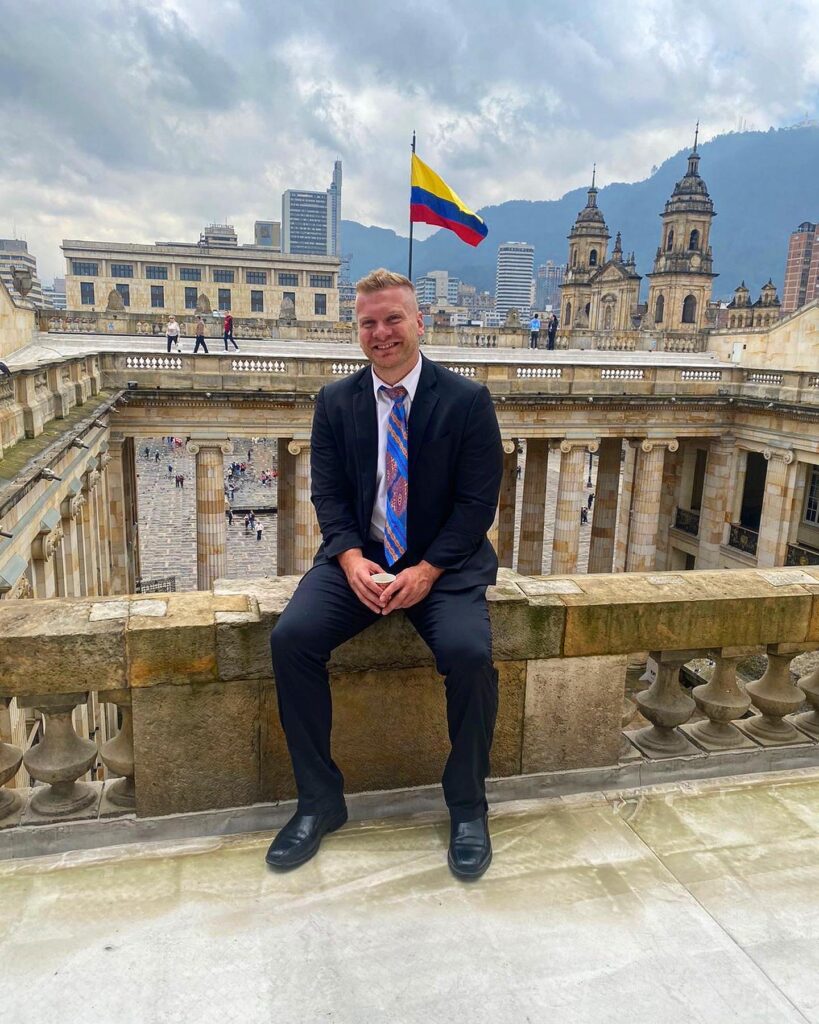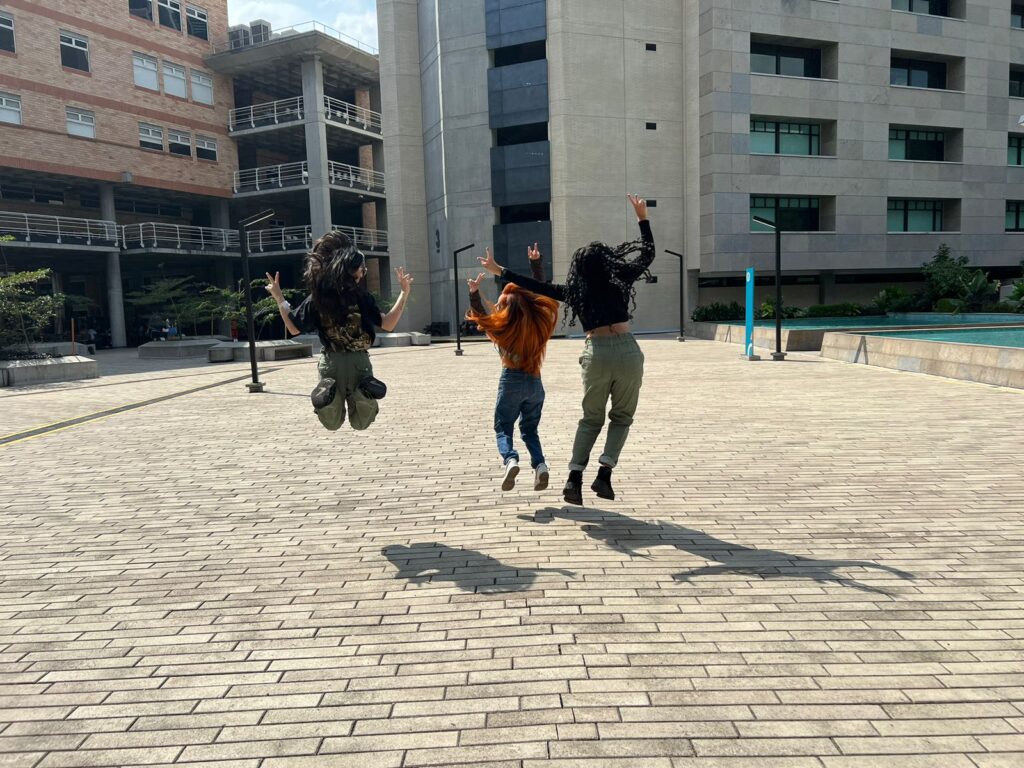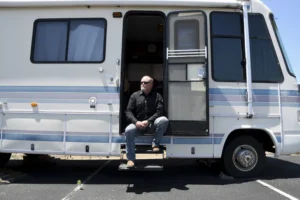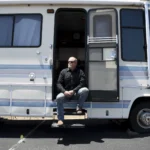FRIDAY FOCUS: Afton Man Leads Fight to End Sex Trafficking in South America
High-profile busts and thousands of women saved fuel Tyler Schwab’s mission
- Published In: Other News & Features
- Last Updated: Nov 10, 2023


By Jennifer Kocher
Special to the Wyoming Truth
Tyler Schwab was 19 and living in Dominican Republic during a two-year mission for the Church of Jesus Christ of Latter-day Saints. He couldn’t help noticing the prolific number of young women in the company of older men in the streets and restaurants. Initially, he took the women for gold diggers. But when he returned to the U.S. and enrolled at Utah State University, he learned about human trafficking from a guest speaker in a social innovation course. And Schwab realized what he had observed in the Dominican Republic might have been just that.
Less than two weeks later, Schwab sold his books and laptop to buy a ticket to the Dominican Republic. He found a brothel and a 14-year-old girl up for sale. Schwab paid her pimp $20 to talk to her for 45 minutes. He listened to her story about how she and her poor, but devout Catholic family thought it was a gift from God when a man showed up at their door offering her a job and money for her education. Instead, the man brought her to the brothel and trafficked her.
“My heart broke,” Schwab said. “I went back the next night to see her, and they had already moved her to a new location.”
This was Schwab’s introduction to sex tourism in South America.
Schwab decided to do something to help. In 2014, after graduating from Brigham Young University, he launched Gifts of Grace, the anti-trafficking nonprofit that later became Libertas International. The organization has five full-time employees in offices in Colombia, Guatemala and the Dominican Republic, with 20 volunteers across the U.S. and an annual budget of $150,000.
Schwab, now 33, estimates his group has helped 3,000 women and has been involved in around 90 arrests, most recently the Los Angeles-based crypto capitalist Orion Depp, who used his online following of over 3 million to lure and sexually exploit teenage girls in Colombia. In August, Schwab received the “Shield of DIPRO” from the Colombian government — the highest honor bestowed upon an American — for his anti-sex trafficking crusade.
The Wyoming Truth recently spoke with Schwab about his work. What follows are excerpts from the conversation.

What services does Libertas International provide?
Schwab: We have a justice team that works on the justice side, a social work team and a therapeutic team that tries to offer our survivors really good wraparound services in their healing. We help the survivors try to work their way up Maslow’s hierarchy of needs. When a survivor first comes into our family, we want to make sure she’s eating and has a house over her head and is safe at home. It’s really hard to think about what you want to do at school or want to be when you grow up if you’re not getting fed every night. We also work with law enforcement to feed intel and help them to verify information. We have some attorneys here in the states who also help with the restitution side… On the arrest side, we go to various units that are obviously vetted through the U.S. Embassy and work with their specialized teams to feed information, and honestly, just help supplement their budgets.
How do you find sex trafficking survivors?
Schwab: Mostly, it’s through our partnership with law enforcement. When the survivor makes a report, and they’ve been abused by an American, those police units will call us up and tell us they have a new girl they want us to support. … But then we find other survivors from the case, because once we have one who feels comfortable and has a safe place to live, she usually tells her friends. Because with these guys, it’s never just one [victim]. It’s always two – or sometimes, in one case, 12 – who all know each other.
How do predators attract victims in Colombia?
Schwab: In Colombia, we see many cases of moms, dads or uncles selling their girls. We’re also now seeing a lot of social media recruiting especially, which is what makes guys like Orion Depp so dangerous, because he appears online to have tons of money and around 3.5 million followers [on Instagram.]. So, when he reaches out and says he wants to meet, these vulnerable girls fall for that. . . . These guys are like fisherman. They throw out lines and see who they can catch. In one case, Victor Galarza, a sex tourist from New York, [who was indicted on four charges of sexual exploitation and possession of child pornography in the Eastern District of New York in 2022] abused 10 girls that we’re aware of and supporting, but was managing probably 500 or 600 vulnerable girls in Colombia, just trying to see what stocks what, which ones he could get to come to the parties. . . . For every one they do victimize, there’s probably another 50 or 60 that are trying to contact.
Who is the typical sex tourist?
Schwab: We have some that live in Colombia. They’re retired expats … But a lot of men we’re dealing are traveling down twice, three or five times a year. They’re coming from all over the U.S. . . . They come from all professions, and most have money or middle-class jobs.
How do these predators operate?
Schwab: I see two trends that are pretty disturbing. One is that the abuse is getting recorded more often. I think people are noticing they can make money on Telegram, OnlyFans, Pornhub and others, so they are filming a lot of the abuse that’s happening. They [the victims] are also getting younger. When I first started working, the average age was probably around 16 or 17. We might have found a 15-year-old every now and again. But now, looking at our stats from this year, the average age is 15. We have a girl who’s six in our program and a couple 12-year-olds.
“Sound of Freedom,” the movie about sex trafficking in South America, has been criticized by human trafficking professionals for being sensationalized. Do you agree?
Schwab: I can definitely speak from the Colombian perspective. I think the movie started a conversation…People are now talking about human trafficking, and that’s a good thing. But I hope they take that passion and energy and direct it to getting an education on what human trafficking looks like in their community…[In the movie] it sounds like they kind of focused on the kidnapping cases—the most extreme but rarest cases. … Kidnapping does happen, but it’s such a low percentage because of the cost incurred to the traffickers. And that’s not what they want. If they can trick a victim or find one that no one’s looking for, then that’s much more beneficial to the traffickers. It’s less likely law enforcement is going to come looking for them.
This isn’t easy work. What motivates you?
Schwab: These men believe that because they have money, they have access to do whatever they want. And it’s such an injustice. I knew if anything was going to happen to stop this, there had to be people of influence, people of power that have a voice, to speak up for these girls no one’s looking after. Especially the ones that came across my path. I knew if I didn’t speak up for them, no one else would. How do you sit with yourself or with God and not do something about it?













